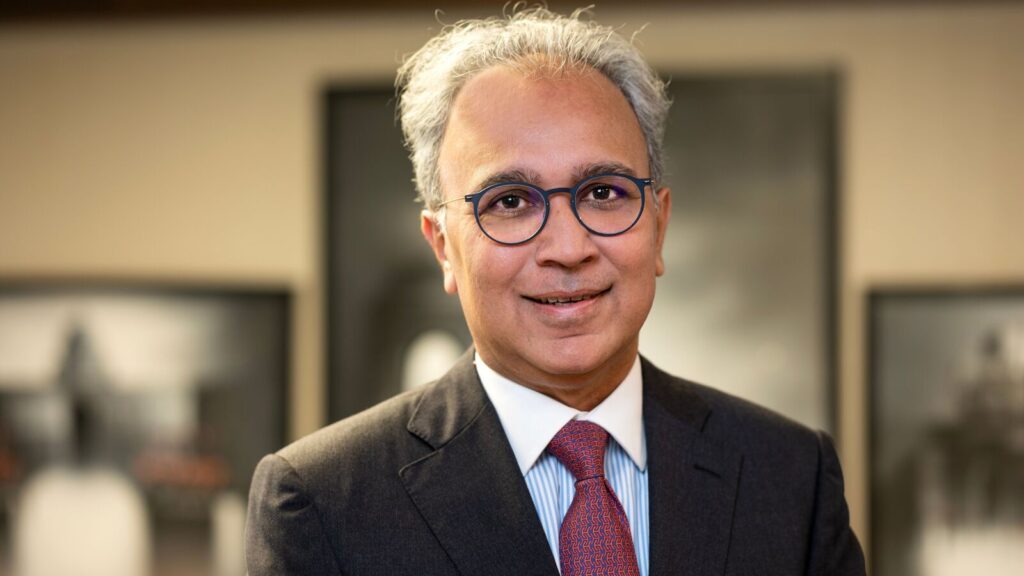Although the overall atmosphere at this year’s World Economic Forum (WEF) was positive, the first day of the Davos meeting coincided with the day when US President Donald Trump issued a series of executive orders immediately after being sworn in.
While the WEF has several sessions on climate change and global cooperation on artificial intelligence (AI) and sustainability, President Trump’s executive order includes The US withdrawal from the deal, including promises to increase oil production and repeal of Biden-era AI policies, makes future sessions and chats even more interesting.
Also read | Steel, PVC, Trump tariffs and China: How will India tackle the dumping crisis?
This year, the Indian government will convene perhaps the largest contingent in history to Davos. Ashwini Vaishnau, union minister for information and broadcasting, railways and electronics and information technology, and fellow union ministers CR Patil, K Ram Mohan Naidu and Chirag Paswan are leading the charge.
Andhra Pradesh Chief Minister N. Chandrababu Naidu and Maharashtra Chief Minister Devendra Fadnavis are also meeting with investors from around the world. Karnataka Deputy Chief Minister DK Shivakumar and ministers from several other states will also be present.
Like every year, the Confederation of Indian Industry (CII) has been at the forefront of representing Indian industry and positioning India as an attractive investment destination.
On the first day, N Chandrababu Naidu shared his vision of ‘Swaran Andhra by 2047’ and plans to transform the state into a green energy hub. His keynote address was followed by a panel discussion on strengthening India’s global competitiveness by promoting green industrialization and manufacturing ecosystem. Key speakers highlighted opportunities and challenges, including Sajjan Jindal, MD, JSW, Anil Charamarasetti, MD, Greenco Group, and Hans-Olav Rein, CEO of Yara Clean Ammonia.
Also read: 5 Artificial Intelligence Trends to Track in 2025
For most world leaders, this year’s Davos Promenade will be different. Emerging economies are increasingly developing, with India and Saudi Arabia occupying prime real estate along this iconic stretch.
While IT services and product companies continue to gain traction, nearly every company and CEO is talking about AI, especially agent AI, and how it can add value to companies and customers. . Other major topics include President Trump’s tariffs and cryptocurrency regulations, but these are no longer sideshows.
Rajiv Memani, Chairman and CEO, EY India, writes exclusively for Mint from Davos.
Also read: India’s agriculture sector grapples with lower yields due to climate change



